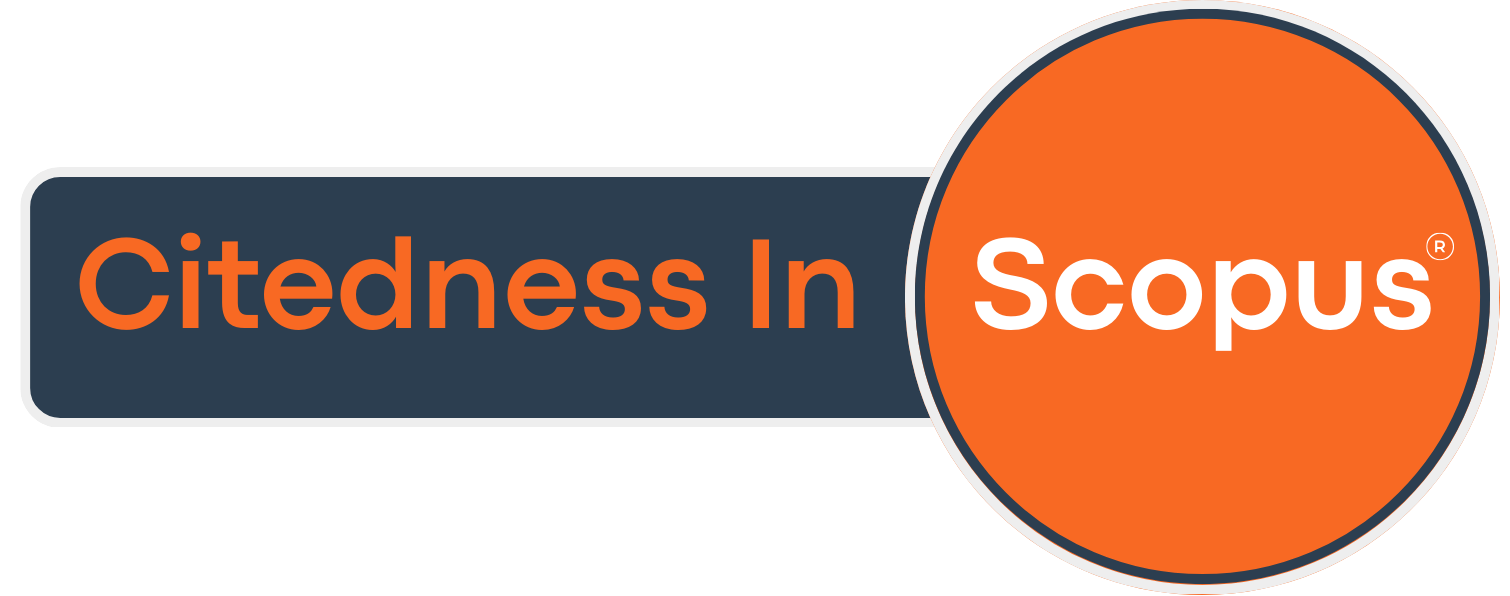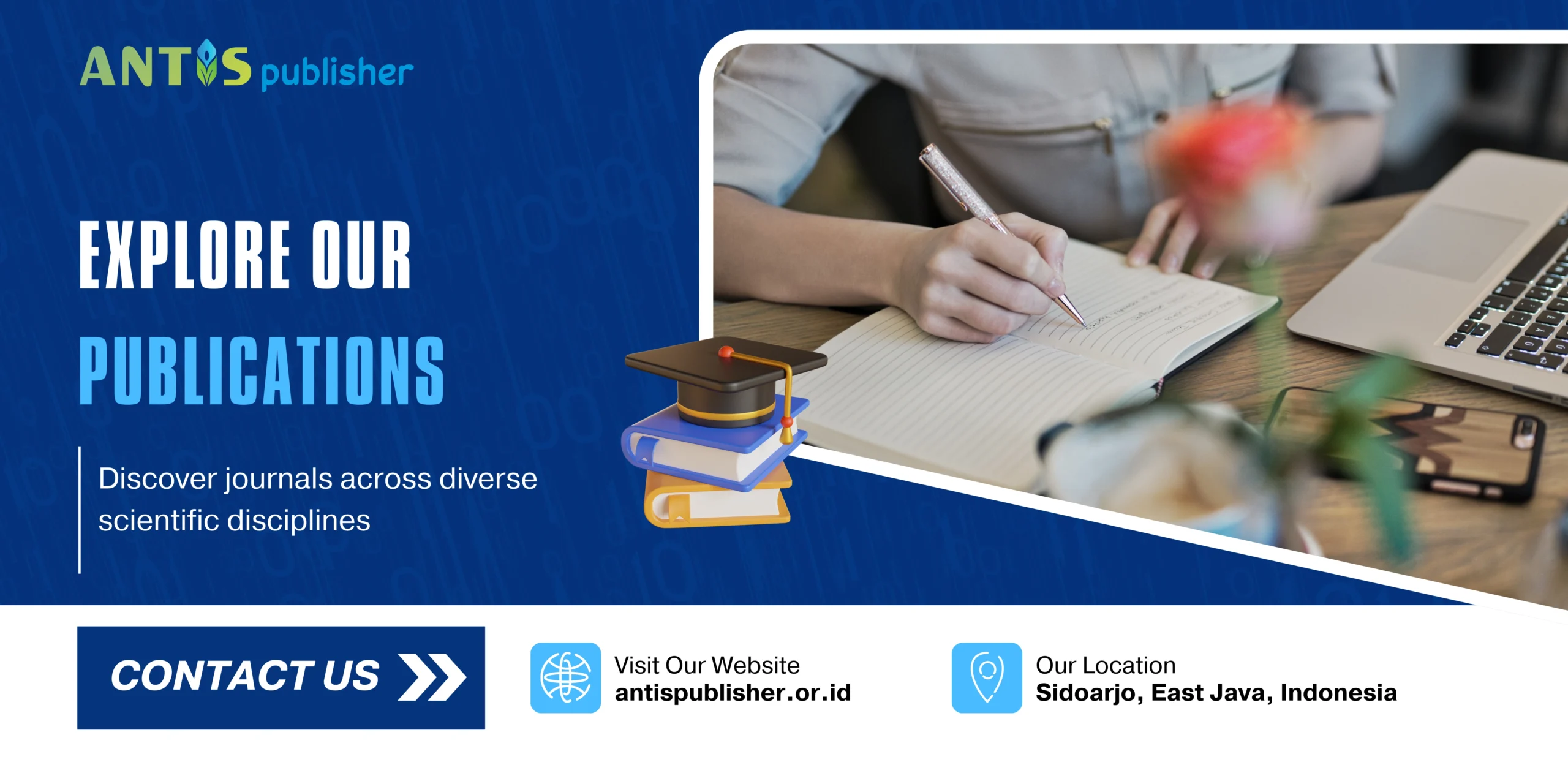THE ROLE OF MOTHER TONGUE LESSONS IN DEVELOPING CREATIVE THINKING IN PRIMARY SCHOOL STUDENTS
Downloads
Objective: This study aims to explore the role of mother tongue lessons in fostering creative thinking among primary school students, emphasizing their contribution to lifelong learning and problem-solving skills. Method: Using a qualitative descriptive approach, the research analyzes various strategies such as role-playing, collaborative projects, storytelling, discussions, and literary exercises to identify how mother tongue instruction stimulates creativity. Data were reviewed from relevant educational practices and literature to examine how linguistic familiarity, emotional connection, and teacher facilitation enhance students’ motivation and originality. Results: The findings indicate that integrating creative activities into mother tongue lessons not only strengthens vocabulary and language proficiency but also significantly enhances curiosity, imaginative thinking, and critical reasoning. Moreover, a supportive classroom environment and individualized guidance were found to be crucial in nurturing students’ creative potential. Novelty: This study highlights the unique role of native language instruction as a catalyst for creativity development, presenting it as an underexplored yet vital avenue for cultivating innovative, confident, and flexible thinkers in primary education. By positioning mother tongue lessons as a foundation for creativity, this research underscores their broader contribution to holistic student growth and future readiness.
K. Robinson, Out of Our Minds: Learning to Be Creative. Capstone, 2011.
L. S. Vygotsky, Thought and Language. MIT Press, 1986.
A. Craft, Creativity in Schools: Tensions and Dilemmas. Routledge, 2005.
E. M. L. Alencar, "Fostering Creativity in Primary Education: Teacher Practices and Classroom Environment," Creativity Research Journal, vol. 31, no. 4, pp. 410–421, 2019.
S. Lim, "Impact of Creative Language Activities on Young Learners’ Cognitive Development," Early Childhood Education Journal, vol. 48, pp. 233–245, 2020.
N. Begmatova, Primary Education and Creative Thinking in Uzbekistan. Tashkent University Press, 2018.
A. Karimov and S. Tursunova, "The Role of Native Language Lessons in Cognitive and Emotional Development of Children," Central Asian Educational Review, vol. 15, no. 2, pp. 45–58, 2021.
D. Khudaybergenova, "Innovative Methods for Developing Creativity in Primary School Students," Pedagogical Science Journal, vol. 34, no. 3, pp. 12–25, 2019.
R. Ismailov, "Integrating Storytelling in Mother Tongue Lessons to Foster Imagination," Uzbek Journal of Education, vol. 7, no. 1, pp. 67–75, 2020.
J. Smith, Language and Creativity in Early Childhood Education. Routledge, 2016.
O. Abdullaev, "Enhancing Divergent Thinking through Native Language Activities," Journal of Modern Education, vol. 9, no. 2, pp. 101–115, 2022.
P. Jones and M. Williams, Creative Pedagogies in Primary Classrooms. Springer, 2015.
M. Rahimova, "Role of Linguistic Exercises in Developing Critical Thinking Skills," Educational Research Journal of Uzbekistan, vol. 12, no. 4, pp. 88–100, 2021.
L. Anderson, Developing Imagination in Young Learners: The Impact of Language. Cambridge University Press, 2017.
G. Tashkentova, "Teacher Strategies for Promoting Creativity in Elementary Education," Uzbek Pedagogical Studies, vol. 5, no. 3, pp. 23–37, 2019.
K. Brown, "Fostering Early Creativity through Classroom Practices," Journal of Early Childhood Research, vol. 16, no. 1, pp. 29–45, 2018.
Copyright (c) 2025 Shermirzayeva Munira Biymirza Qizi

This work is licensed under a Creative Commons Attribution 4.0 International License.




















